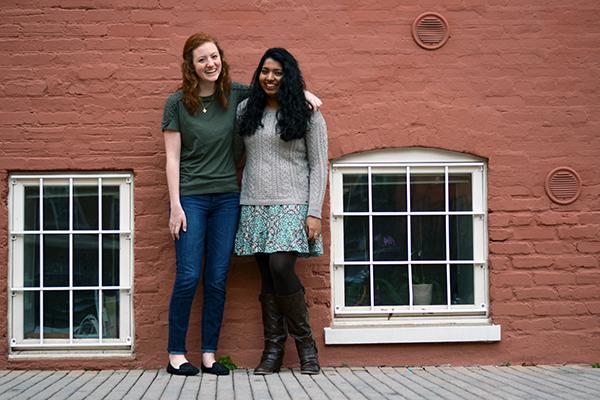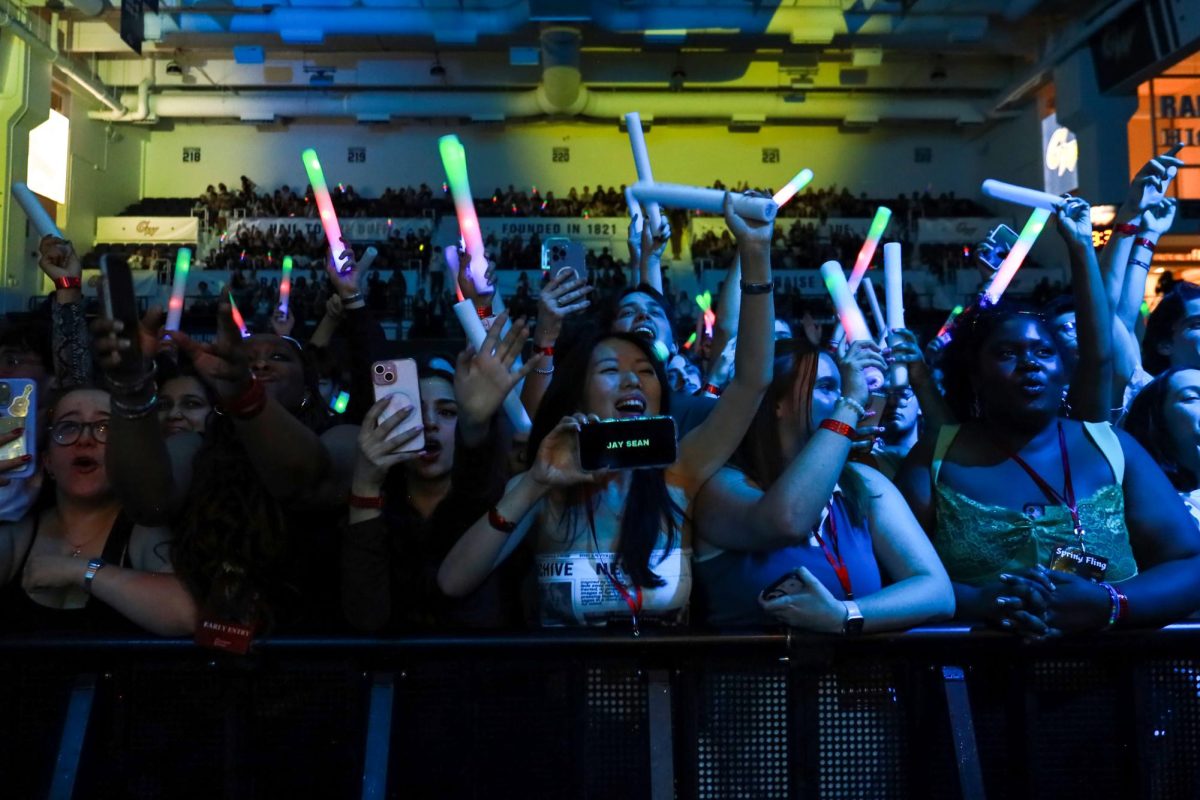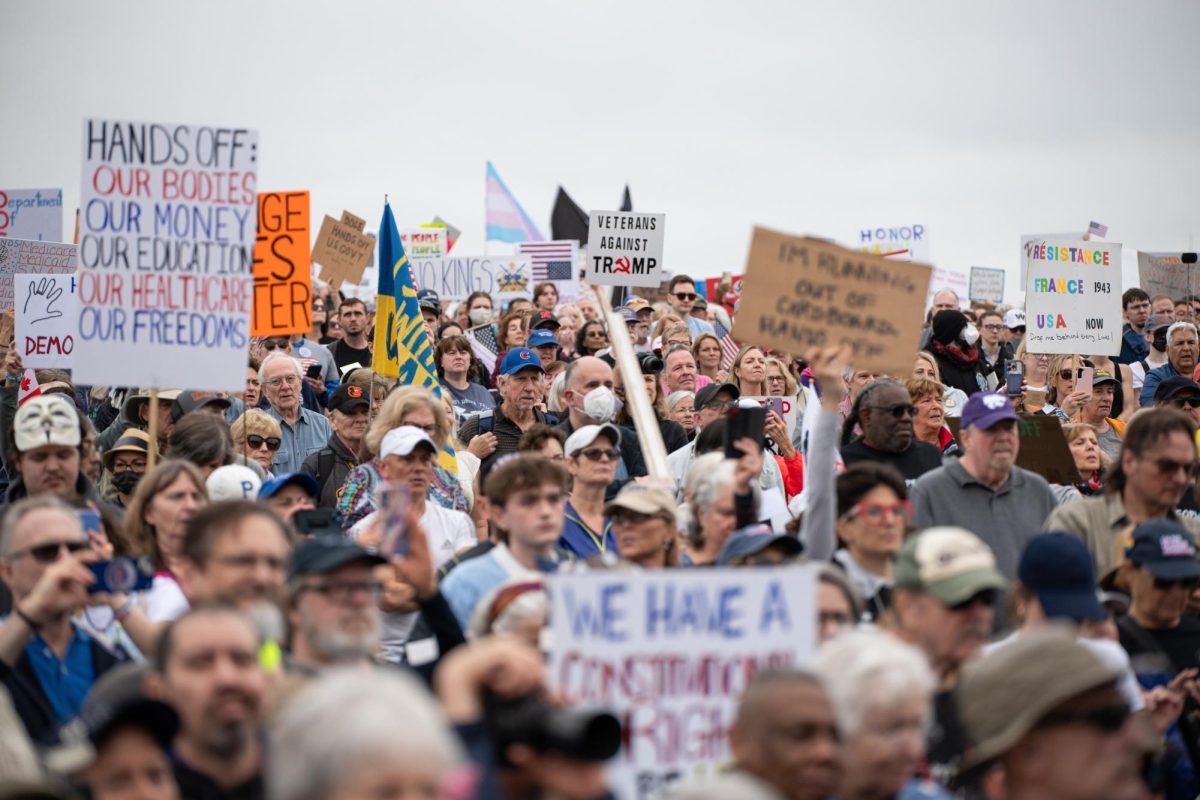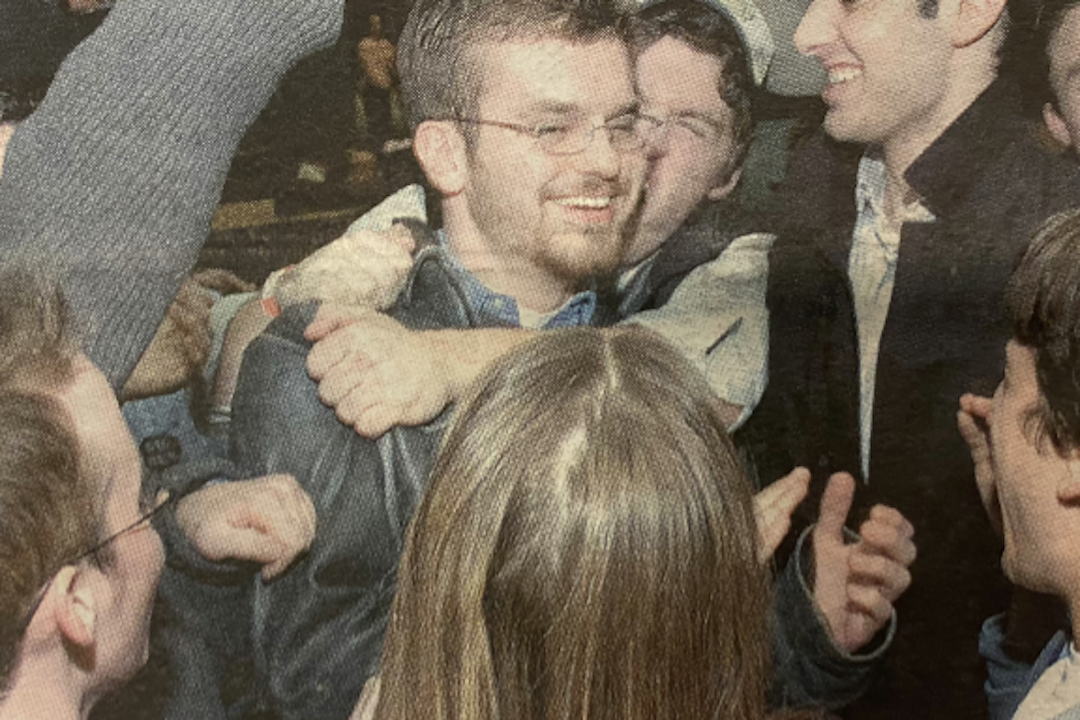A new student group on campus is looking to improve the lives of local high schoolers.
Last November, sophomores Cecilia Rossi and Reshika Subbakaran, both biology majors, started a GW chapter of the national organization Project Rousseau, a mentoring and community service program aimed at helping low-income high schoolers achieve academic success.
“We want to bridge the gap between education and socioeconomic status,” Subbakaran said.
A group of Columbia University students started Project Rousseau in 2011 after they realized the gap between the opportunities available to students at the elite university and the less-privileged high school students in the surrounding area. The organization currently has 17 chapters spanning from Chicago to Houston.
“We are so lucky to be in GW, going to college,” Rossi said. “I couldn’t imagine where I’d be if I weren’t here and this will get more people where they want to go, and that is hopefully to college or to do what they want to do.”
Rossi, who is also a tour guide at GW, was looking for community service opportunities when she met Shibanee Sivanayagam, the programs and marketing manager for Project Rousseau, on a campus tour. Sivanayagam told Rossi that Project Rousseau, which already has chapters at Georgetown and American universities, wanted to expand in the District and “it all took off from there,” said Rossi.
As of now, more than 85 students have signed up to be on the GW chapter’s email list after Subbakaran and Rossi spread the word on Facebook, hanged fliers and advertised at the spring student organization fair.
The GW chapter has partnered with Luke C. Moore High School in Northeast D.C. The transitional high school works with older students between the ages of 17 to 20 who have dropped out or had trouble in traditional high school settings.
In February, Subbakaran and Rossi will begin the process of matching high school student mentees with GW mentors based on their personalities and academic standings.
“We encourage people of all different personalities, backgrounds and experiences to join,” Rossi said. “However, we have certain standards for our mentors, as they are supposed to be role models for our high school students.”
Project Rousseau mentors will meet with their mentees once a week to help with homework, tutor them for the SAT, participate in community service with them or even just hangout and grab coffee.
“A big part of this program is just building friendships. So each mentor‒mentee pairing is just based on building up that relationship,” Subbakaran said.
She added that members who do not want to put in the time commitment to become mentors can still help out with the SAT tutoring and proctor practice SAT tests.
Subbakaran and Rossi said they are still looking for local community service organizations with which to partner. Other chapters have partnered with nursing homes and homeless shelters, according to the Project Rousseau website.
Freshman Judy Chen, the treasurer for the GW chapter, said that once the chapter was approved by GW and Project Rousseau, they received $1,000 from the national chapter to start out. Chen said she is also applying to receive grants from GW to help cover the required mentor‒mentee meeting activities once a week and the SAT books and study materials.
“We try to cover everything because members are already volunteering their time,” Chen said.
“A big part of this is about getting them to get excited to learn and to do well and be hopeful for their future,” Subbakaran said. “We are just there to do some good, and hopefully have some fun doing it.”







